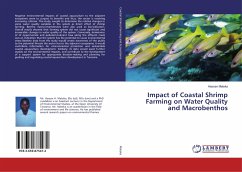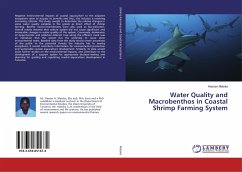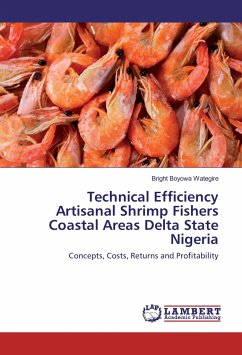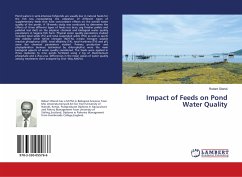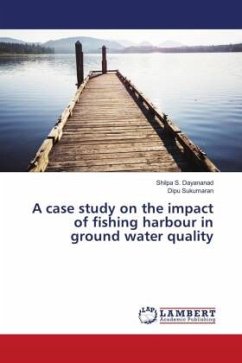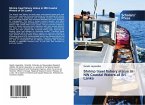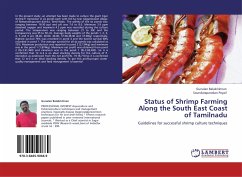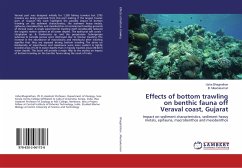Negative environmental impacts of coastal aquaculture to the adjacent ecosystems seem to surpass its benefits and thus, the sector is receiving increasing criticism. This study, sought to determine the relative changes in some water quality variables in the system as direct effect of shrimp farming. Benthic macro-invertebrates were also used as bio-indicators. Overall results showed that farming system did not cause significant and irreversible changes in water quality of the system. Conversely, dominance of of opportunistic and pollution-tolerant taxa along the effluent creek was an indication that the system has the potential to cause environmental stress Baseline data from the study would create awareness of the public to the potential threats the sector has to the adjacent ecosystems; it would contribute information for environmental protection and sustainable coastal aquaculture development. Similarly, its data would assist further studies on the environmental impacts, and contribute to the development of a support system for appropriate decision-making and planning for guiding and regulating coastal aquaculture development in Tanzania.

